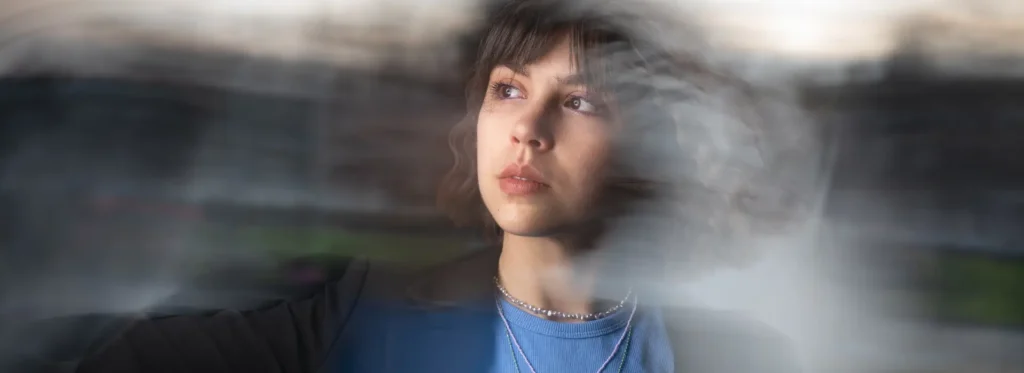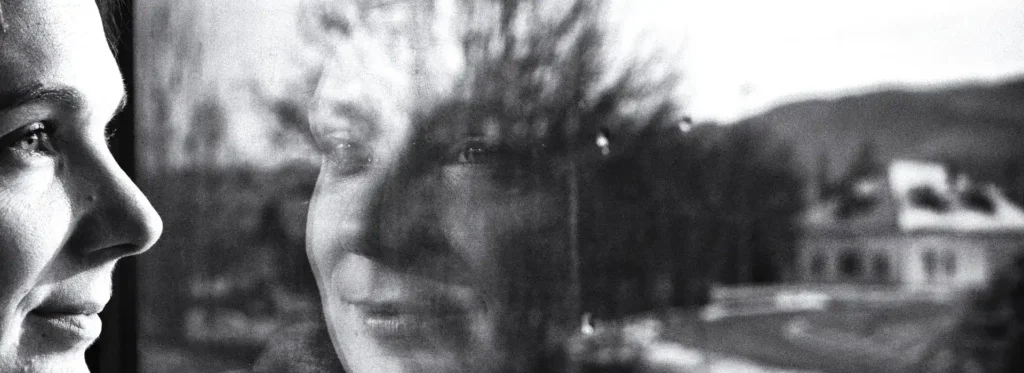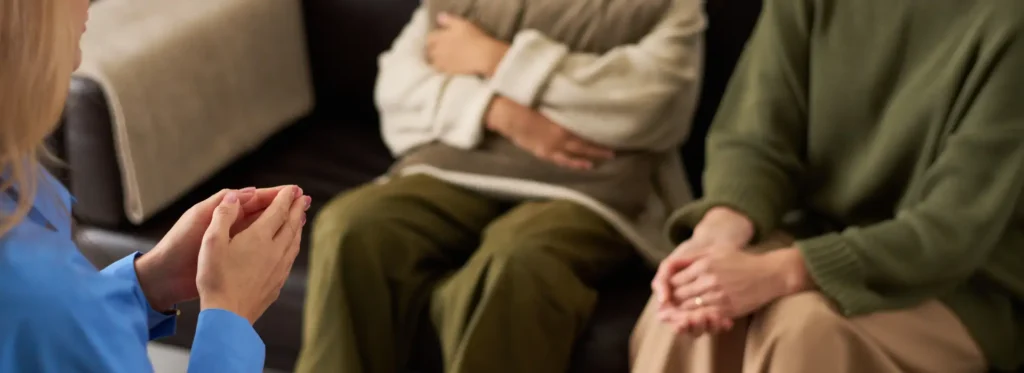Benzodiazepine Addiction Treatment Los Angeles
Understanding Benzodiazepine Addiction
Benzodiazepine addiction often begins quietly. Medications like Xanax, Ativan, and Valium are commonly used to treat anxiety, panic attacks, or insomnia, but they carry a high risk of dependence. In Los Angeles County, benzodiazepine use is rising among all age groups, making early intervention more critical than ever. Benzodiazepine addiction treatment in Los Angeles allows for more effective treatment and a better chance at recovery.

Symptoms and Risks of Benzodiazepine Misuse
The symptoms of benzo addiction can vary, but they often affect both body and mind. Physical signs include drowsiness, dizziness, and poor coordination.
Over time, people may experience confusion, intense anxiety between doses, or even paranoia—the risk of falls, accidents, and long-term cognitive damage increases with prolonged benzodiazepine use.
Benzodiazepine misuse also impacts emotional well-being and relationships. Dependence and addiction can lead to missed work, damaged trust, and feelings of shame or guilt.
As the addiction increases, people often feel trapped. They are afraid to continue, but may also be terrified to stop because of severe withdrawal symptoms. Detox and substance abuse treatment in a medically supervised setting is the safest way to break the cycle.
Benzo Addiction Treatment in Los Angeles
Benzodiazepine addiction treatment in Los Angeles includes a range of services tailored to each person’s addiction needs. With an individualized treatment plan, you can begin healing from addiction in a setting that understands the complexity of substance use and mental health.
A medical detox is often the first step in benzodiazepine addiction treatment. Attempting to stop benzos abruptly can cause intense withdrawal symptoms, including seizures, hallucinations, and extreme anxiety. At a professional center, detox involves a personalized tapering schedule that gradually reduces the medication while managing symptoms.
For those with severe benzodiazepine dependence or a history of addiction, inpatient treatment offers structured, immersive care. These residential programs, lasting 30 to 90 days or more, include therapy, medication management, and 24/7 support. Many also offer trauma-informed care, which is essential for people whose benzo use is rooted in PTSD or past emotional pain.
Not everyone needs full-time care. For individuals with supportive home environments, an intensive outpatient program (IOP) or partial hospitalisation program (PHP) provides structured treatment during the day, allowing for flexibility in sleeping at home. These programs are excellent for transitioning out of inpatient rehab or as a standalone option.
Many treatment centers now offer telehealth options. Through secure video calls, you can receive therapy, refill prescriptions, and attend support groups, all from the comfort of your home. Outpatient treatment via telehealth is particularly helpful for those juggling work and other responsibilities. For many, this flexible format encourages consistency and reduces the likelihood of relapse.
Individualized and Dual Diagnosis Treatment
Benzodiazepine addiction usually doesn’t happen in isolation. Co-occurring mental health issues often drive benzo use and make recovery more complex. Addressing both through dual diagnosis treatment is key to long-term success.
Anxiety and Panic Disorder
Benzos are often used to treat anxiety disorders. However, with long-term use, they can cause more harm than good. Cognitive behavioral therapy (CBT), mindfulness, and holistic strategies reduce anxiety without triggering dependence.
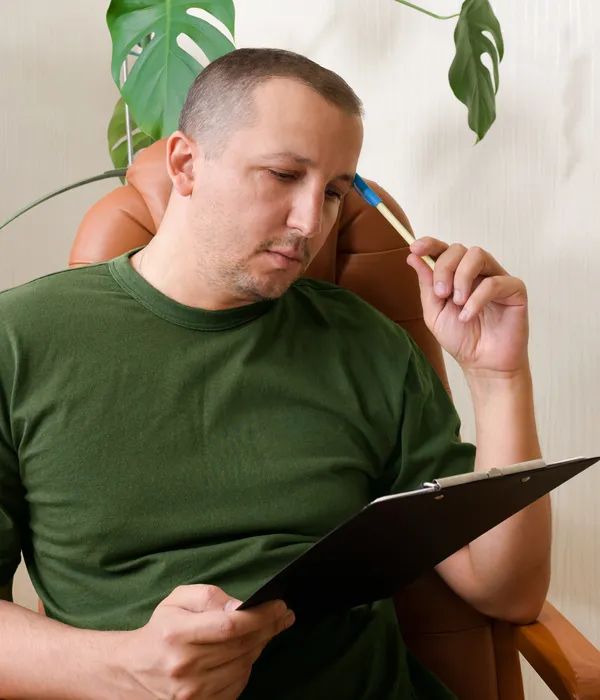
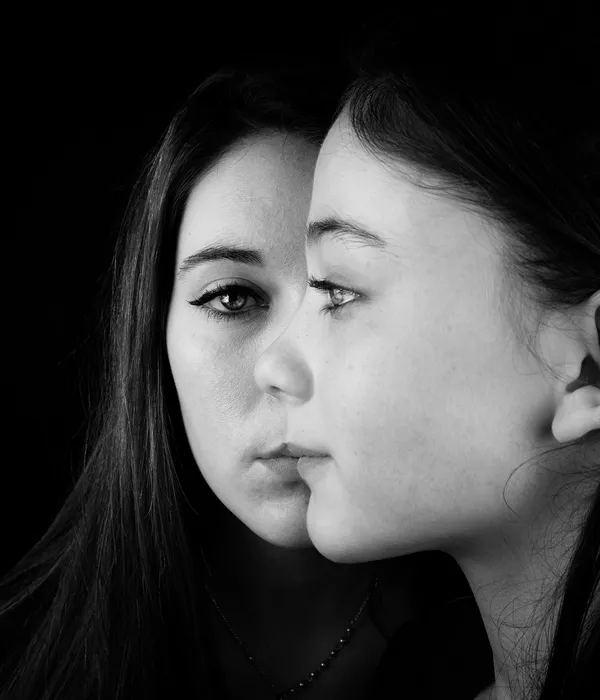
Depression and Emotional Numbness
Benzo use may blunt emotions, but not in a helpful way. Many people report emotional numbness or worsening depression. Treatment centers incorporate therapy and medication to ease depressive symptoms while tapering safely from benzodiazepines.
PTSD and Trauma-Informed Recovery
Unprocessed trauma is often associated with benzodiazepine misuse. Treatments like EMDR, trauma-informed CBT, and somatic therapy allow patients to heal emotionally without relying on medications.


Bipolar Disorder and Mood Stabilization
For those managing bipolar disorder, benzo use can disrupt natural mood cycles. Treatment may involve mood stabilizers, psychiatric oversight, and structured routines to maintain balance throughout recovery.
The Dangers of Benzodiazepine Withdrawal
Benzo withdrawal can be dangerous. Symptoms of benzodiazepine withdrawal range from insomnia and panic attacks to seizures and psychosis. Without medical support, quitting can result in serious health complications or relapse.
For many, withdrawal begins just hours after the last dose. Early symptoms often include intense anxiety, insomnia, irritability, tremors, and overwhelming restlessness. These symptoms can feel eerily similar to the original condition benzodiazepines were used to treat, which creates a dangerous cycle of fear and desperation. It’s common to feel like you’re going backwards, even when you’re trying to get better.
In more advanced stages of withdrawal, the body may react with alarming intensity. Muscle spasms, elevated blood pressure, rapid heart rate, nausea, and even seizures can occur, particularly in those with a long history of benzo dependence. These are signs that the body is in distress and needs immediate medical care.
Benzodiazepine withdrawal also deeply impacts your emotional and mental state. Panic attacks, intrusive thoughts, paranoia, hallucinations, and crushing depression can all surface during the detox phase. Without therapeutic support, these psychological challenges can become overwhelming and isolating. That’s where a strong, supportive detox program can make all the difference.
Why Medical Detox Matters
Choosing to begin detox from benzodiazepines can feel like a big, uncertain step. It’s normal to have fears about discomfort and about what comes next. That’s why medical benzo detox matters. It offers a safe, supportive environment where you’re cared for by people who understand what you’re going through.
With a medically guided taper and detox process, your body is given the time it needs to adjust at a manageable pace. Around-the-clock monitoring means any withdrawal symptoms can be eased with compassionate care and thoughtful treatment. You’re met with support, not judgment. More than anything, detox is about giving you the chance to feel steady again.

Long-Term Recovery Strategies
Sustainable recovery depends on daily choices and long-term support. With the right tools, people can create a life where benzos are no longer a coping mechanism, but a chapter that has been closed with care.
Healthy Coping Mechanisms
For many, benzos once offered a way to manage overwhelming emotions. Part of recovery is discovering healthier ways to navigate stress or uncertainty. Practices like yoga, journaling, and meditation help calm the nervous system and reconnect you with your body. Exercise, even in small amounts, can lift mood and improve sleep. Additionally, Creative outlets like music and writing can bring moments of peace and clarity.
Cognitive Behavioral Therapy (CBT)
CBT is one of the most effective treatments for benzodiazepine addiction. It helps you identify the thought patterns and beliefs that may have contributed to substance use. CBT offers strategies you can carry into everyday life without reaching for medication. More importantly, it teaches you how to respond differently to stress, fear, or emotional triggers.
Relapse Prevention Planning
Recovery isn’t always a straight path. Stress, life changes, and even happy moments can bring unexpected triggers. That’s why relapse prevention planning is a key part of any addiction treatment program. During relapse prevention planning, you learn your unique risk factors and create a safety plan that feels realistic and personal.
Support Systems That Last
No one should have to rebuild their life without support. Long-term recovery is stronger when it includes meaningful connections. Group therapy, a 12-step community, or family therapy are support systems that offer accountability and understanding. With these support systems, you’re surrounded by people who’ve walked a similar path and truly get it.
Aftercare and Sober Living in LA
Once primary treatment ends, aftercare becomes the bridge to the next chapter. A wide range of aftercare programs and sober living options are available to support your long-term sobriety.
Sober living homes offer more than just a place to stay. They create a supportive environment where daily routines, household responsibilities, and shared goals promote a sense of stability and pride. Living among others who are also in recovery helps reduce isolation and offers opportunities for encouragement and growth.
Recovery requires ongoing care. Weekly therapy sessions help you process challenges and stay connected to your treatment plan. Medication management may also continue, especially if you’re addressing co-occurring mental health concerns. Group sessions also create a sense of routine and reinforce the belief that you’re still supported.
Addiction can disrupt even the most basic parts of daily life. Aftercare programs often include life skills training to help rebuild confidence in these areas. You might get support with job searches, continuing education, budgeting, or time management. Small wins can become powerful reminders that you’re capable, strong, and moving forward.

Benzodiazepine Addiction Treatment in Los Angeles with Lost Angels
If you or someone you care about is struggling with benzodiazepine use disorder, know that you deserve support that truly understands what you’re going through. In the heart of Los Angeles, Lost Angels offers a safe place to begin again.
Our treatment center is built on compassion, respect, and the belief that recovery is always possible. You don’t have to carry it all by yourself. Our team will listen without judgment and work with you to create a treatment plan that fits your life and your needs.
Contact us when you’re ready. We’ll be here.
Related Treatments
Frequently Asked Questions
What are the effective therapies for managing benzodiazepine dependence?
CBT, DBT, and trauma-focused therapy are commonly used. These approaches help retrain your brain to manage anxiety and stress without relying on benzos.
Are there inpatient rehabilitation programs for benzodiazepine addiction in the Los Angeles area?
Yes, many rehab centers in LA offer residential programs with detox, therapy, and mental health support under one roof.
How long does treatment for benzodiazepine addiction typically last?
Initial treatment can last 30–90 days, but tapering off benzos may take longer. Ongoing therapy and aftercare can last for months or more.
Can you describe the detoxification process for benzodiazepine addiction?
Detox involves a gradual taper to reduce withdrawal risks. It’s medically supervised and may include medications to manage symptoms safely.
What kind of support structures are important for recovery from benzodiazepine addiction?
Family involvement, peer support groups, and ongoing therapy are crucial. These structures provide accountability and emotional backing.
Is it possible to overcome a benzodiazepine addiction without professional help?
While some try, quitting benzos without help is risky. Medical detox and therapy dramatically improve your chances of safe, lasting recovery.

